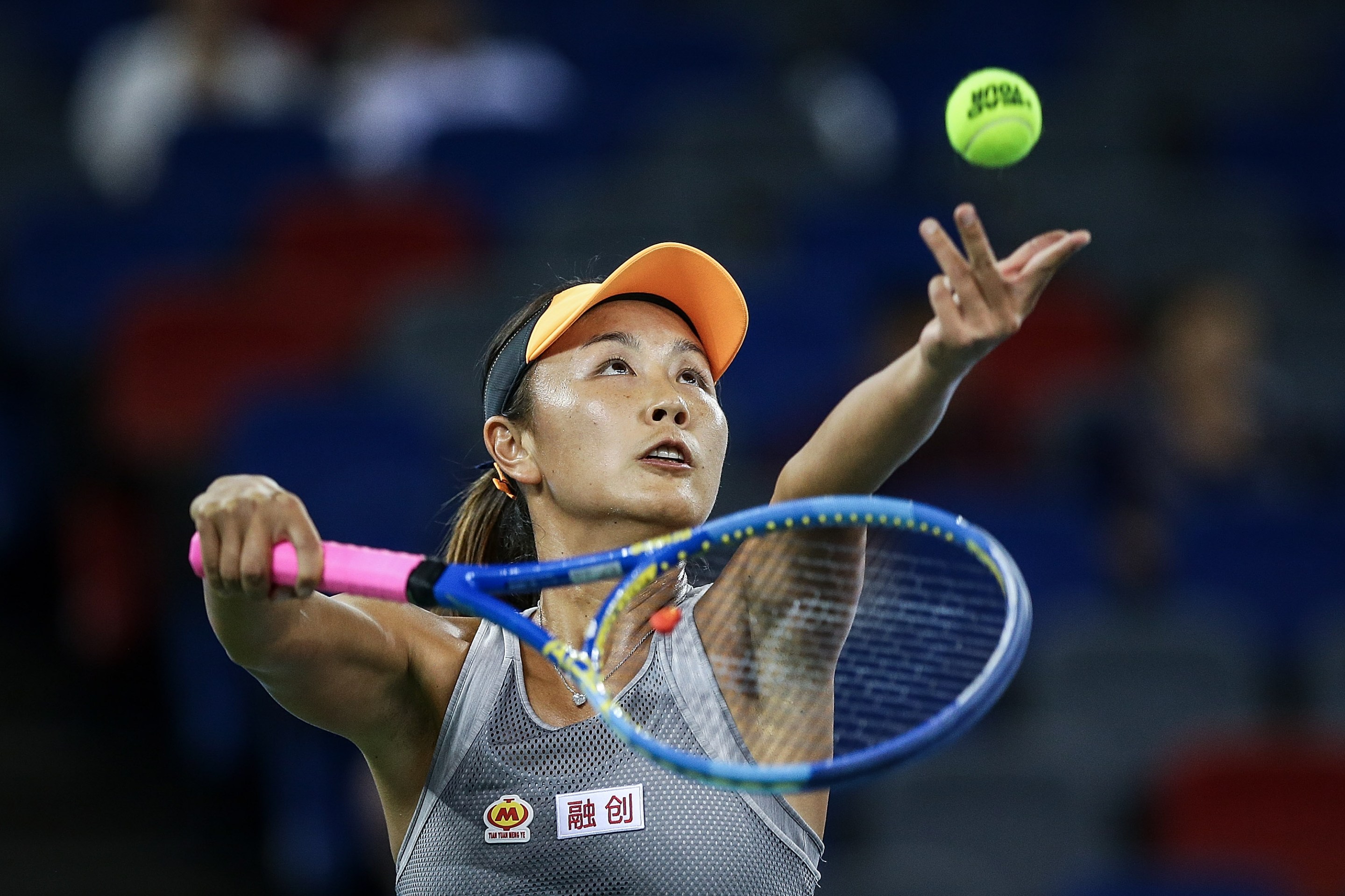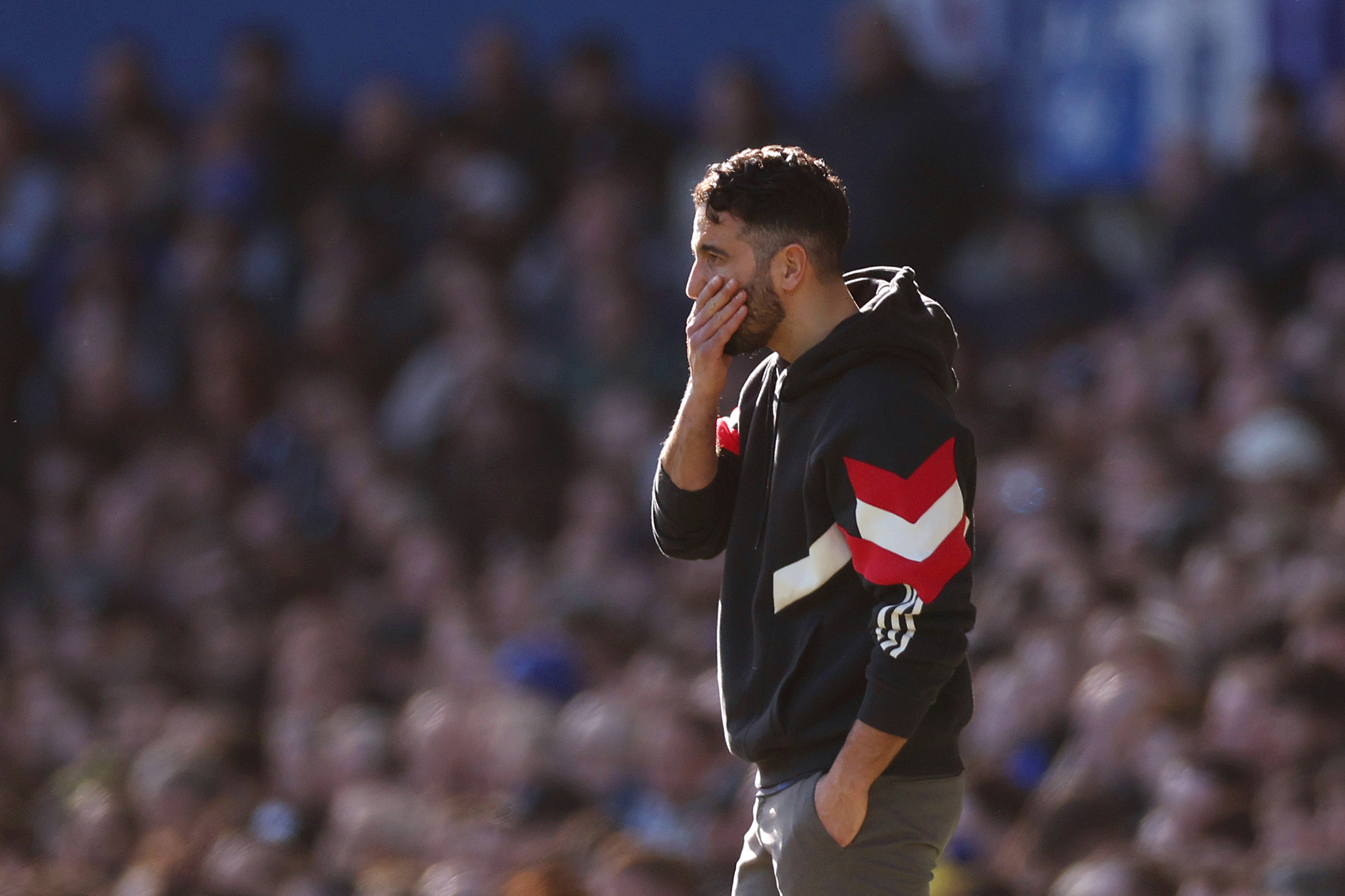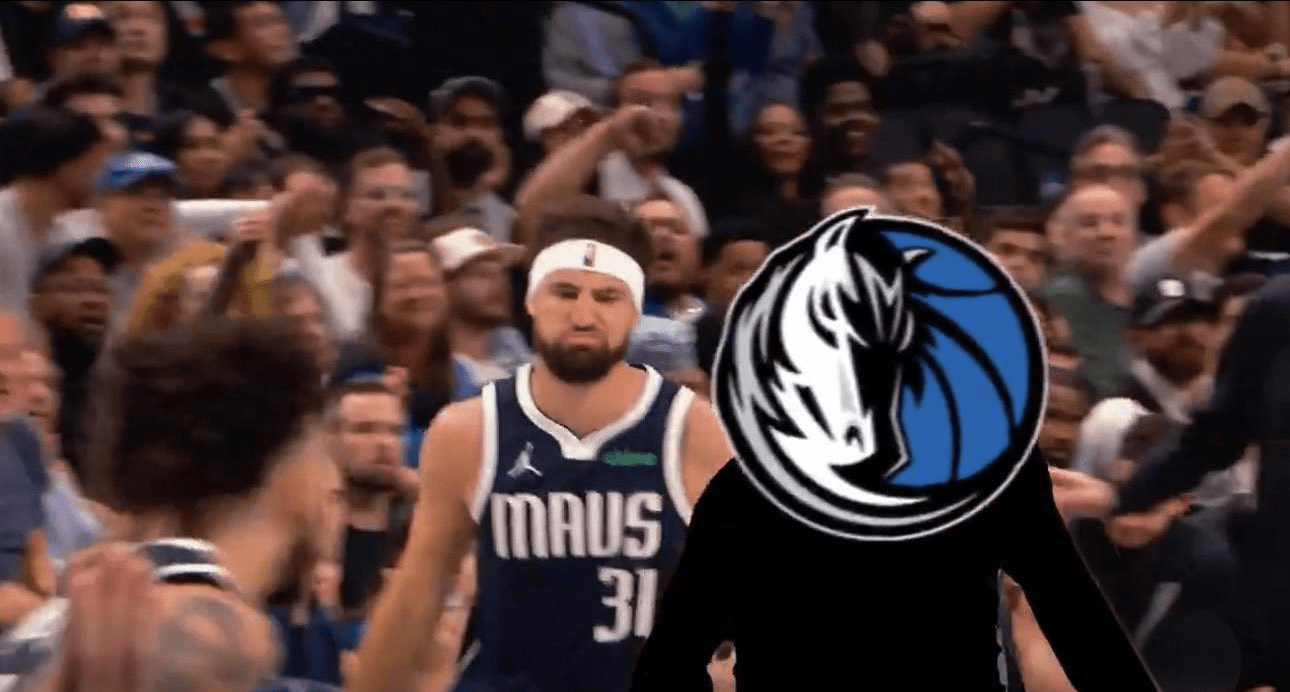The Women's Tennis Association announced Wednesday that it would suspend all tournaments held in China, as its top official remains unconvinced that tennis player Peng Shuai, who accused a high-ranking government official of sexual assault, can speak and move freely in the country.
"In good conscience, I don’t see how I can ask our athletes to compete there when Peng Shuai is not allowed to communicate freely and has seemingly been pressured to contradict her allegation of sexual assault," WTA chairman and CEO Steve Simon wrote in a statement. On Nov. 2, Peng had accused former vice premier Zhang Gaoli of sexual assault, only for her message to be scrubbed from the Chinese internet. Simon, who praised the player's "strength and courage," repeatedly called for a direct line of communication with Peng so as to confirm her safety and whereabouts; he was unconvinced by an emailed statement attributed to Peng and later publicly circulated by Chinese state media. He has also repeatedly called on the Chinese government to conduct an investigation into Peng's allegation against Zhang.
Simon said on Nov. 17 that if his requests regarding Peng were not satisfied, he was prepared to shut down the WTA's business in China, which spans 10 tournaments in 2022—including the year-end finals in Shenzhen, which have drawn a reported $1 billion commitment from tournament organizers. Today, he followed through on that threat.
"Given the current state of affairs, I am also greatly concerned about the risks that all of our players and staff could face if we were to hold events in China in 2022," Simon said in the statement.
There's a jarring contrast between the decisive actions of the WTA and the recent words of the International Olympic Committee. Dick Pound, a senior member of the IOC, told Reuters on Tuesday that a recent call between IOC officials and Peng proved that she was "OK and not under duress." He also denied the idea, voiced by Human Rights Watch, that the IOC was complicit with Chinese duress of Peng so as not to complicate the 2022 Beijing Olympics.
"What seemed to change after that (call) was all of the wannabes that were unable to get in contact with her sort of said 'well the IOC botched it' and 'this was all organised by the Chinese' and so on," said Pound.
Reuters
On Nov. 21, IOC President Thomas Bach had a 30-minute phone call with Peng, a three-time Olympian. Also on the call were two other IOC officials, one of whom has known Peng through the Chinese sports infrastructure. After that conversation, the IOC said Peng "explained that she is safe and well, living at her home in Beijing, but would like to have her privacy respected at this time." Before his retirement, Zhang was in charge of China's bid for the 2022 Olympics, and came into contact with IOC officials like Bach.





